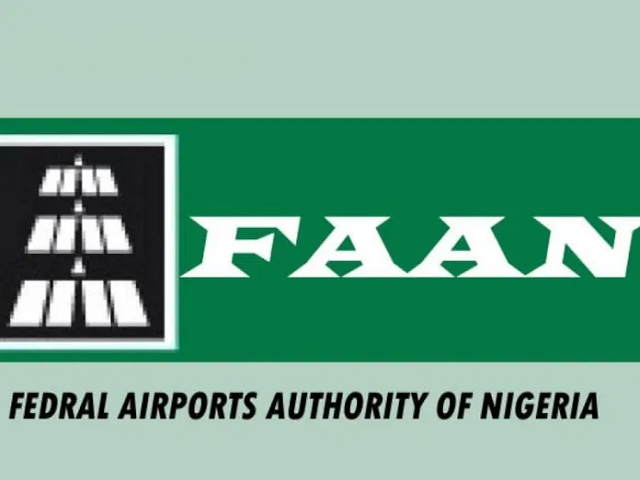The MTN Media Innovation Programme (MIP) Fellows recently had virtual sessions with the Special Adviser to the Lagos State Governor on Foreign Relations, Mr. Jermaine Sanwo-Olu, and the South African High Commissioner, T D Mseleku.
This engagement, an integral part of their program, served as a testament to the growing cooperation between Nigeria and South Africa, and highlighted the importance of cultural diplomacy and people-to-people collaboration in advancing Africa’s development.
The first session, themed “Strengthening South Africa and Nigeria Relations: Cultural Diplomacy and People-to-People Cooperation: Building Bridges for Africa’s Progress,” featured Jermaine Sanwo-Olu, Special Adviser to the Governor of Lagos State, as the distinguished speaker. Jermaine commenced his address by recalling the words of Nelson Mandela, envisioning an Africa at peace with itself and emphasizing that hatred is learned, implying that love can be taught as well.
He praised the strong diplomatic ties between Nigeria and South Africa while emphasizing the need to evolve culturally to strengthen this relationship further. He lauded MTN for its initiative in promoting this cultural collaboration, noting the significance of the company’s welcoming and accommodating disposition symbolized by the color yellow in its logo. “I commend what MTN is doing in ensuring that this kind of relationship is strengthened. Yellow on the MTN logo signifies the sun, which is also bright, warm, welcoming, hospitable, ensuring we have light. It illuminates our path and I believe that we need to shed more light on the direction that Nigeria and South Africa can go to further ensure that a relationship that is mutually beneficial is offered between our great nations”, he added.
Highlighting the historic competition between the two nations, Jermaine emphasized that unity and collaboration, not rivalry, are key to Africa’s progress. He called for harmonious cooperation between Nigeria and South Africa, stressing that when the two economic powerhouses work together, Africa benefits.
The Special Adviser envisioned a prosperous Africa where cooperation and collaboration between Nigeria and South Africa lead to emergence, uniting the continent and showcasing its immense potential. He recognized Lagos, with its economic significance and cultural influence, as a catalyst for achieving this vision and commended Governor Babajide Sanwo-Olu for his support of South African companies doing business in Lagos.
Jermaine proposed several avenues for strengthening cultural relations between the two nations, including cultural exchange programs, joint festivals, and events featuring artists, actors, and musicians from both countries. He also emphasized the role of journalists as powerful communicators who can shape perceptions and promote unity.
He stressed the importance of involving the youth in this campaign, ensuring they see each other as treasures rather than threats. He called on both nations to celebrate their uniqueness, common interests, and values, fostering a new, mutually beneficial relationship that contributes to a greater Africa.
In the second session themed “Nigeria and South Africa: An Indispensable Relationship to Foster Cultural Relations through the Media Fraternity”, T D Mseleku emphasized the indispensable nature of the relationship between Nigeria and South Africa, tracing its roots back to their roles in the anti-apartheid struggle and their commitment to the decolonization of Africa.
He highlighted the crucial role Nigeria played as a frontline state in the anti-apartheid struggle, emphasizing that the country’s involvement was integral to the liberation of South Africa. He underlined the importance of political relations between the two nations in providing leadership for Africa’s advancement.
He noted that the African continent’s economic emancipation required strong bilateral relationships, especially between leading nations like Nigeria and South Africa. Professor Moroe also pointed out that Nigeria’s leadership within the United Nations had a significant role in welcoming South Africa back into the global community after apartheid.
Addressing the cultural aspect of the relationship, he cited examples of cross-cultural collaborations, including collaborations in music and academia. “I can actually say without fear or favor that the Africa free trade agreement will not succeed if Nigeria and South Africa don’t come together and pull it up in the first place. So without that kind of a strong bilateral relationship, we will not succeed in freeing the African continent from the shackles of economic poverty and the exploitation of our continent so that merely took to paint the need for why this relationship is indispensable”, he added.
He emphasized these cultural exchanges and promoted intellectual and artistic contributions between the two countries. He called for deeper media engagement in fostering this relationship, emphasizing the role of journalists and editors in probing political leaders about their actions and contributions to the continent’s development. He urged journalists to focus on substantive issues rather than sensationalism.
Mseleku ended the session by welcoming the MTN MIP Fellows to South Africa during the country’s Heritage Month, suggesting they immerse themselves in the cultural experiences and engage with the vibrant South African media landscape. He encouraged them to investigate and report on issues that truly matter for the continent’s progress.
Overall, these two sessions shed light on the importance of cultural diplomacy, people-to-people cooperation, and media engagement in strengthening the relationship between Nigeria and South Africa, ultimately contributing to Africa’s development and unity.











